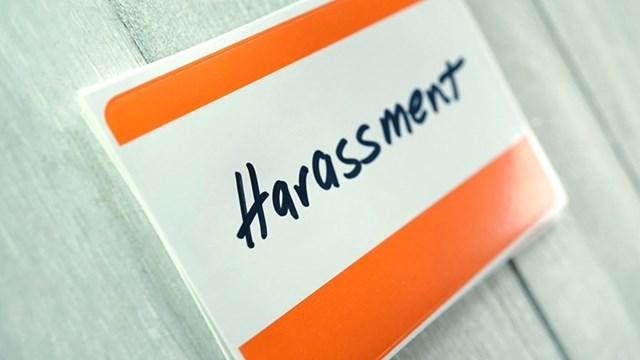
Q. I am a director on the board of our condo association. We had a budget meeting last night, and the new budget with increased monthly dues was passed by 4 ‘yes’ votes and 3 ‘no’ votes. The meeting was adjourned and meeting minutes were taken.
Then the next day, one of the board members sent the president an email telling her that they wanted to change their ‘yes’ vote to ‘no.’ That will make the vote to 3-4, which does not pass the new budget. The board member said they did not understand what was going on during the meeting. One of the non-resident owners who was against the budget – and who owns 24 units – apparently intimidated this board member to send the email to express their sudden change of mind. Can a board member change their vote the next day? If so, do we have to have a new meeting to re-vote?
—Confused Over This Chaos
A. Says George C. Greatrex, Jr., an attorney with the Cherry Hill-based firm Shivers, Gosnay & Greatrex: “With regard to a completed and recorded vote of a governing board at a duly-held meeting for which minutes were taken, a board member cannot thereafter ‘change’ his/her vote on the motion. In this case, a new motion on the adoption of the budget would have to be made, seconded, and voted on, either later in that meeting or at a subsequent open board meeting.
“Common interest community budgets can be amended at any time during the association’s fiscal year, for appropriate reasons, so long as the amendment is the subject of a proper motion and vote at a duly-noticed and held meeting. The question then becomes: is the officer presiding over the board meeting required to entertain such a motion?
“Usually the board president (or in his/her absence, the vice president) is charged with the duty to preside over, or run, a board meeting. If the board member who has changed his mind on his previous vote to approve the budget makes a motion to conduct another vote on the budget (or if any other board member makes such a motion), I would suggest that the presiding officer has the authority to inquire as to the basis for the motion. Such an inquiry may include questions concerning the reasons for the change of heart, and whether or not any undue influence has been exerted over one or more of the board members that may have led to the new motion.
“Depending on the results of that inquiry, the presiding officer may agree to entertain the motion and invite a second and a vote, or may choose not to permit the motion. From a practical standpoint, if a majority of the board members (four or more) express their support for the holding of another motion on the topic, it would behoove the presiding officer to permit the motion and the new vote.
“Generally speaking, strict reliance on parliamentary procedure should not get in the way of accomplishing the will of the members. Indeed, if the president refused to permit a vote on the motion, he/she could always be replaced (at any time), as president by a majority vote of the board members, and a newly-appointed president would likely permit such a vote.”






Leave a Comment